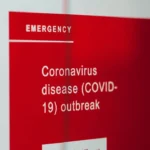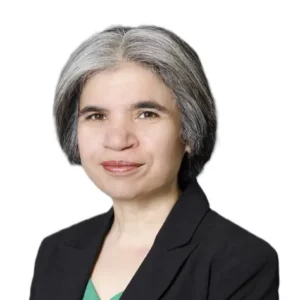There are several potential disadvantages of receiving Autism Therapy services from non-regulated professionsin British Columbia(BC) includes:
Lack of Standards:
Non-regulated professions may not have established standards for education, training, or ethical conduct. This can lead to inconsistencies in the quality of services provided and may increase the risk of harm to children.
Lack of Oversight:
Non-regulated professions may not be subject to oversight or regulatory bodies, which can make it difficult to ensure that practitioners are practicing ethically and providing high-quality services.
Lack of Accountability:
Non-regulated professions may not be held accountable for their actions or outcomes, which can make it difficult for family with children to seek redress in the case of malpractice or unethical conduct.
Limited Recognition:
Even though some non-regulated professions maybe recognized by government agencies, many insurance companies and other funding agencies may restrict the access to funding to services for children.
Risk of Harm:
Non-regulated professions may pose a risk of harm to children as the practitioners do not have the necessary training, experience, or qualifications to provide safe and effective services.
Non-regulated professionals may offer more flexibility and reduce cost of services to the families but they also present potential risks and may reduce the quality of services to the children. It is very important for parents to ensure that the practitioners they choose for their children have the appropriate qualifications, training, and ethical standards in place to protect the safety and well-being of their children.












